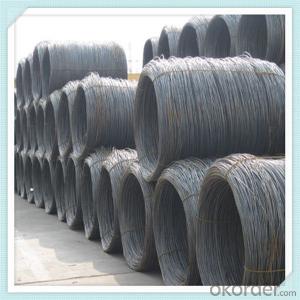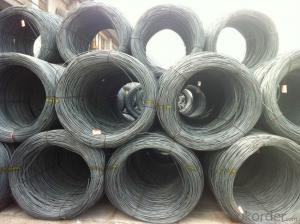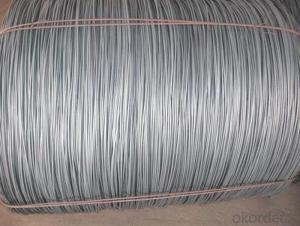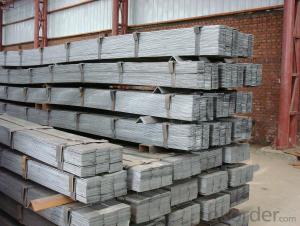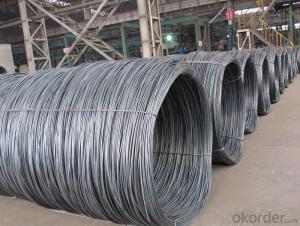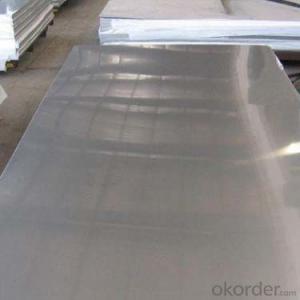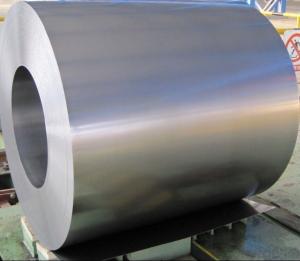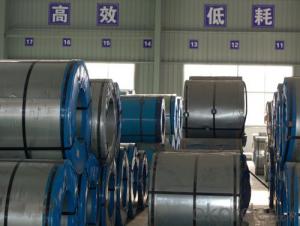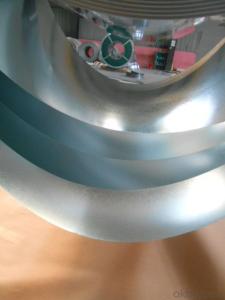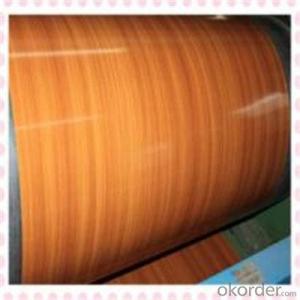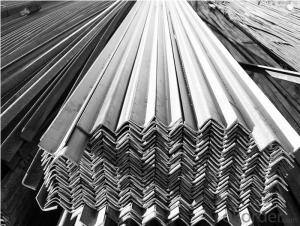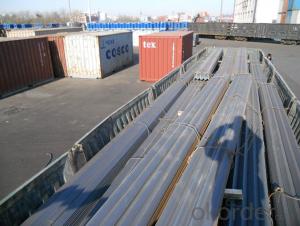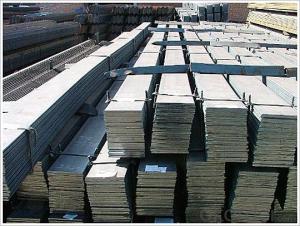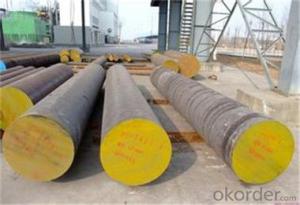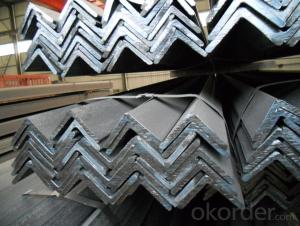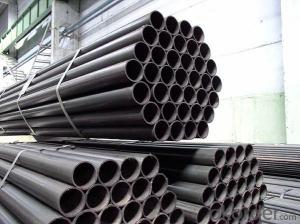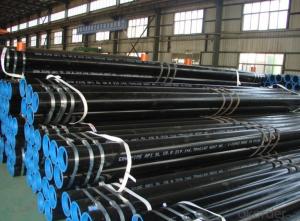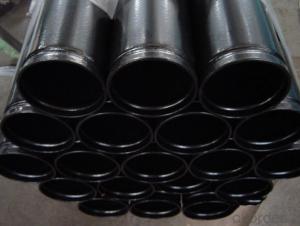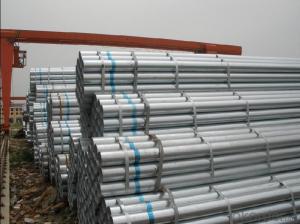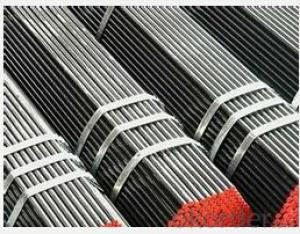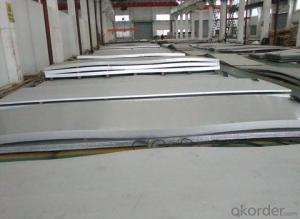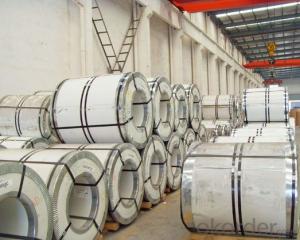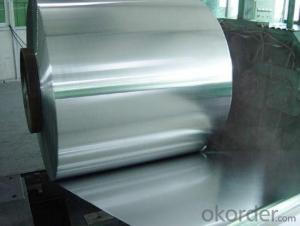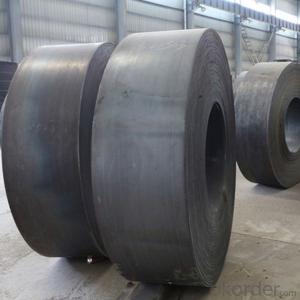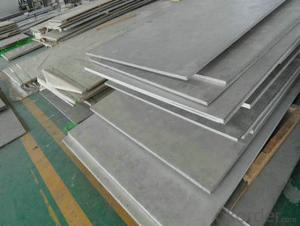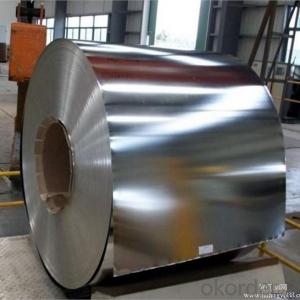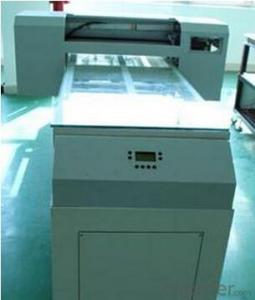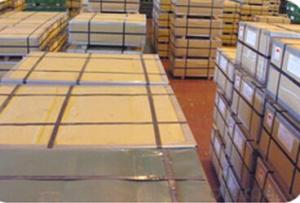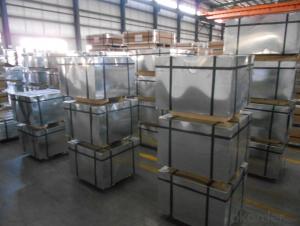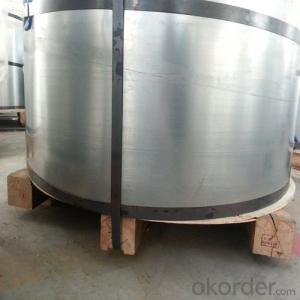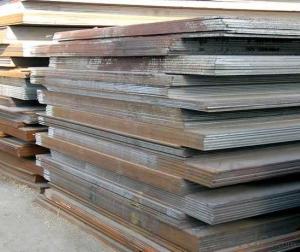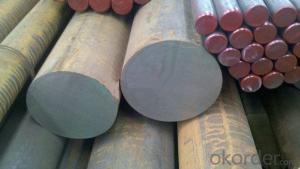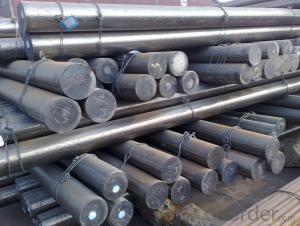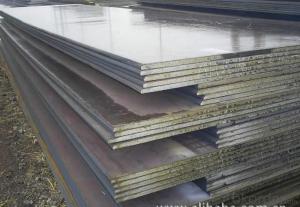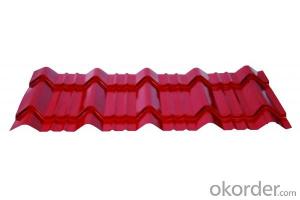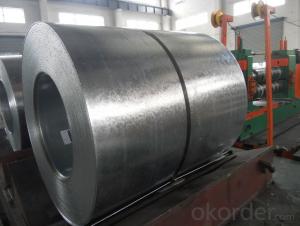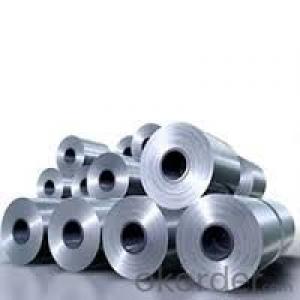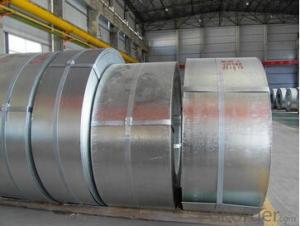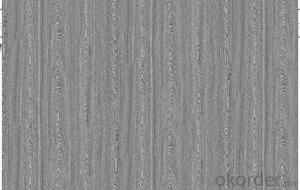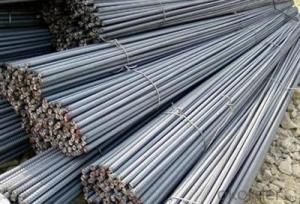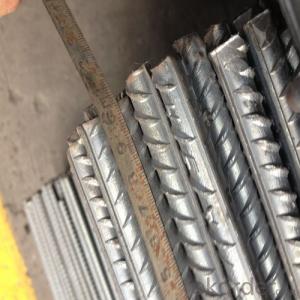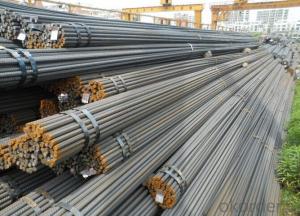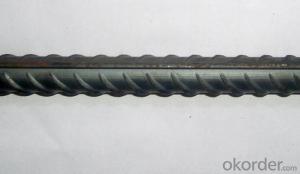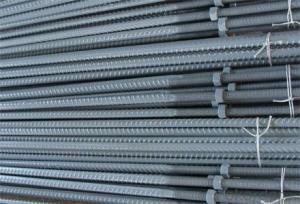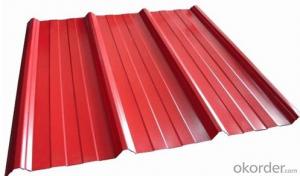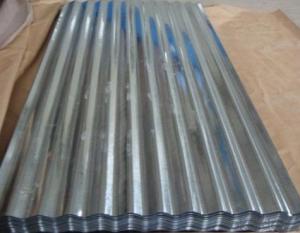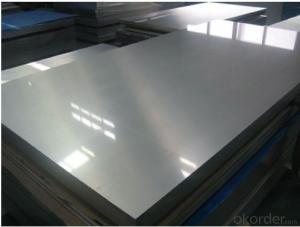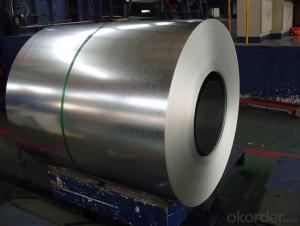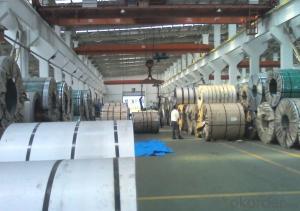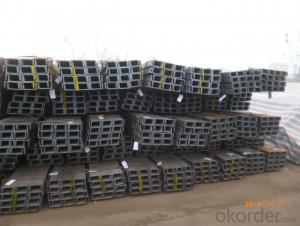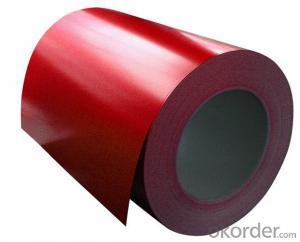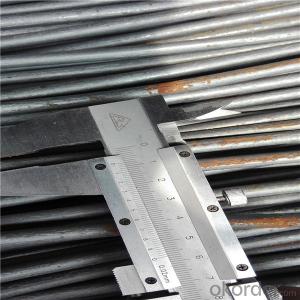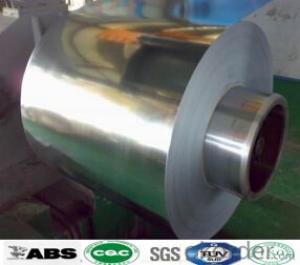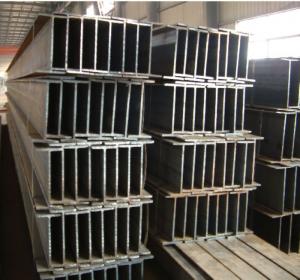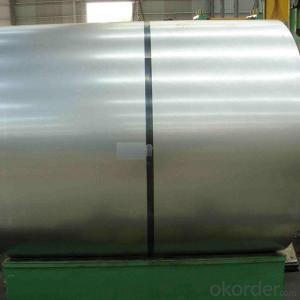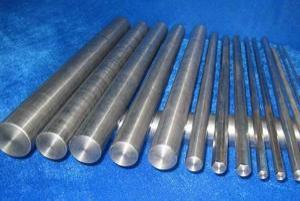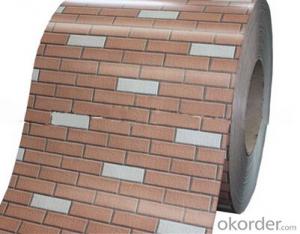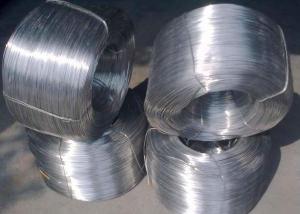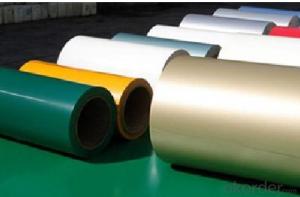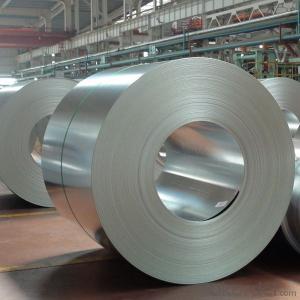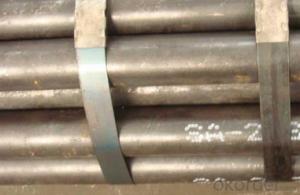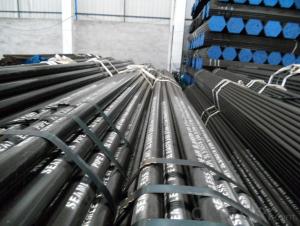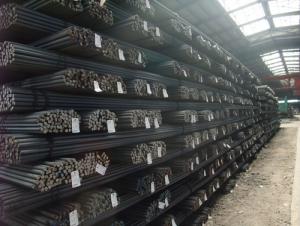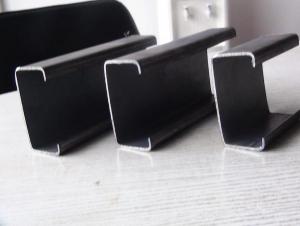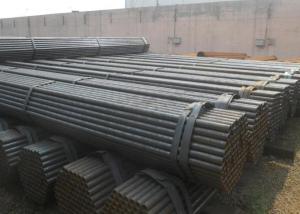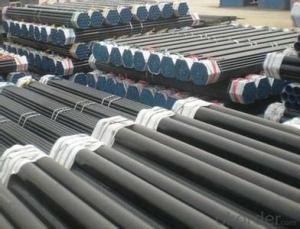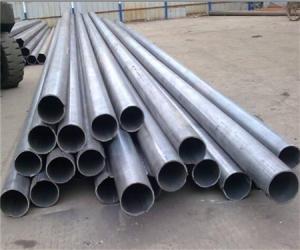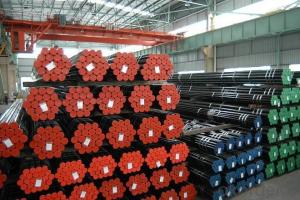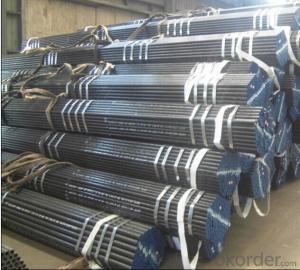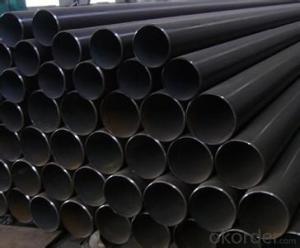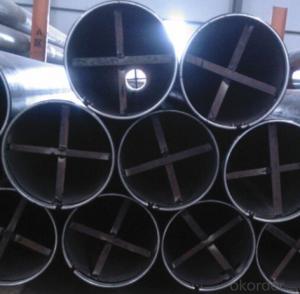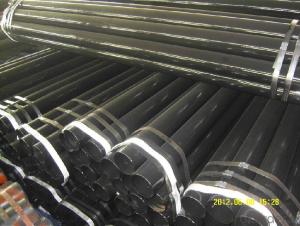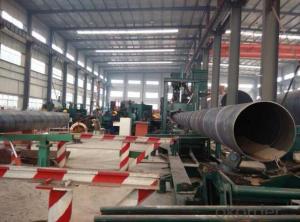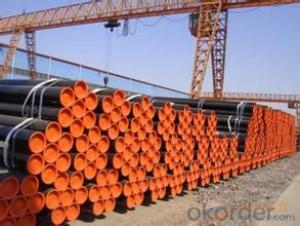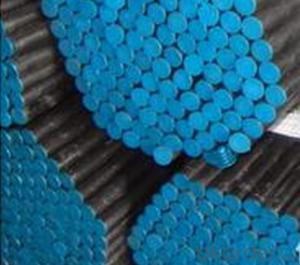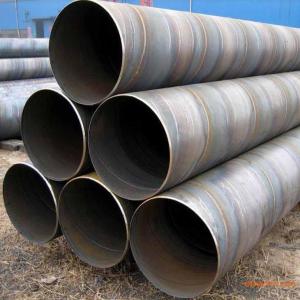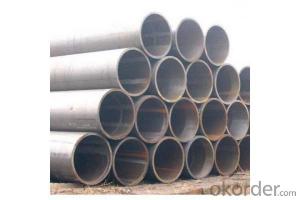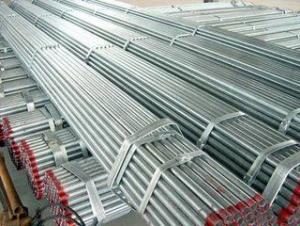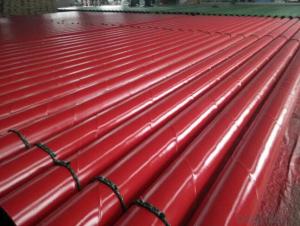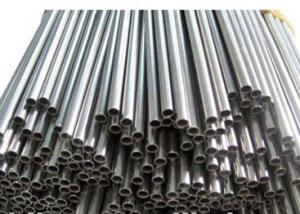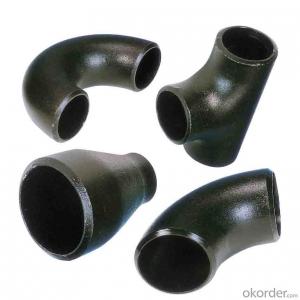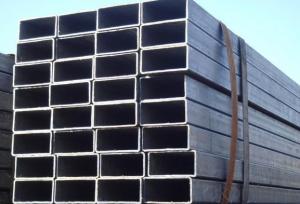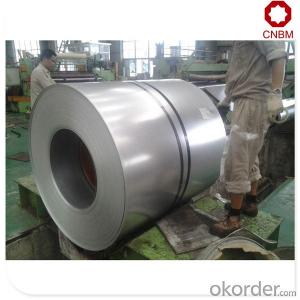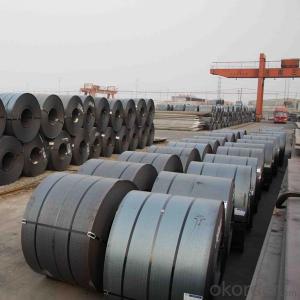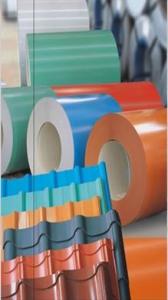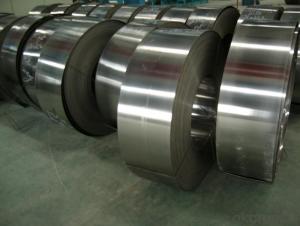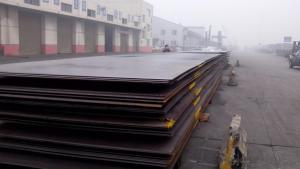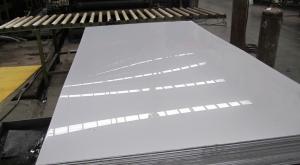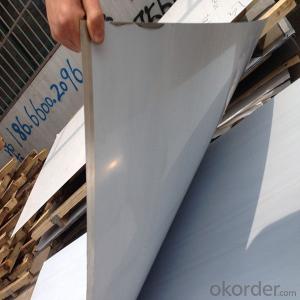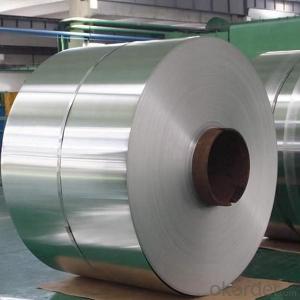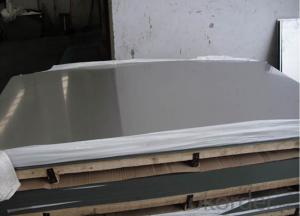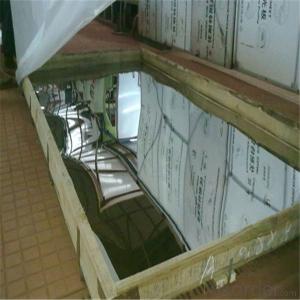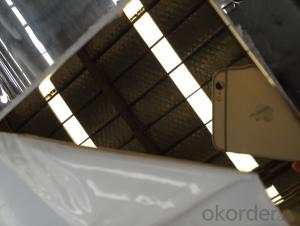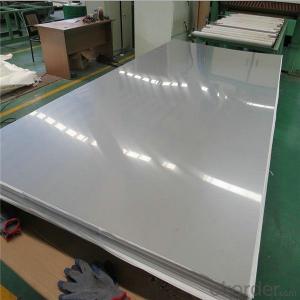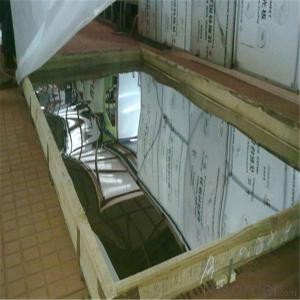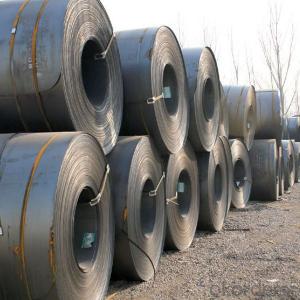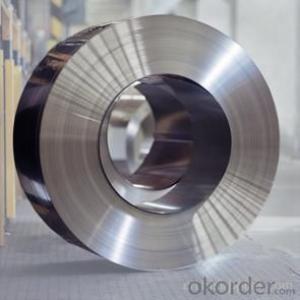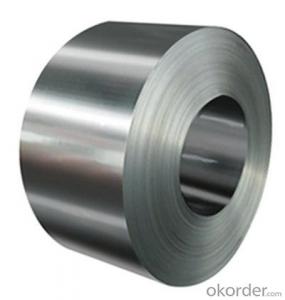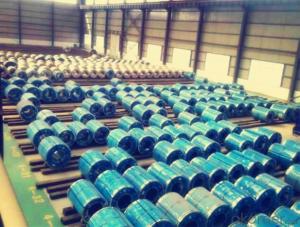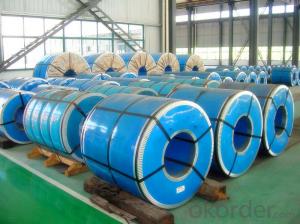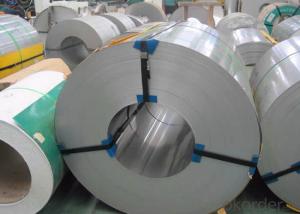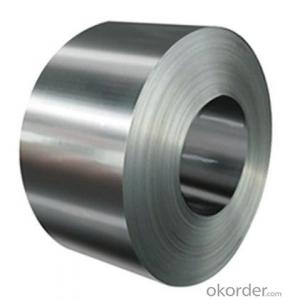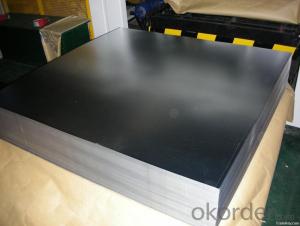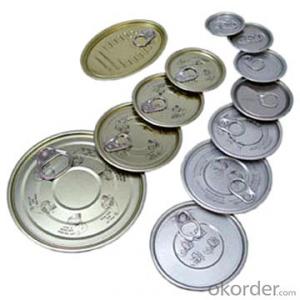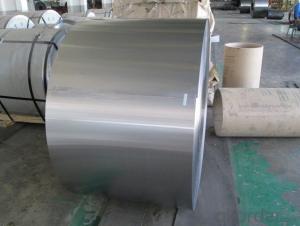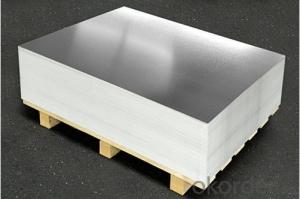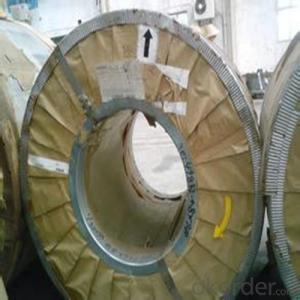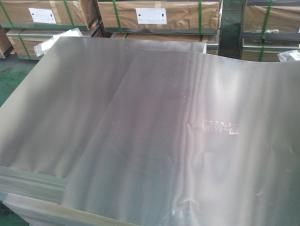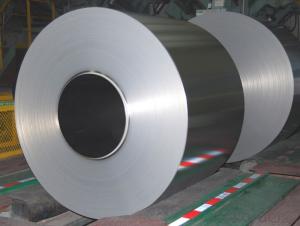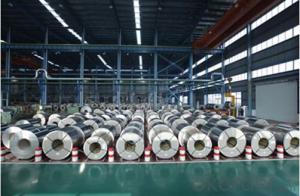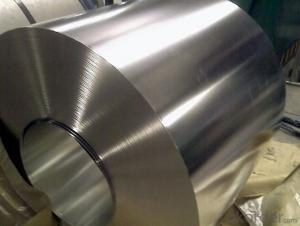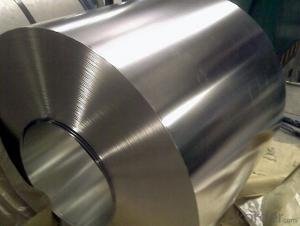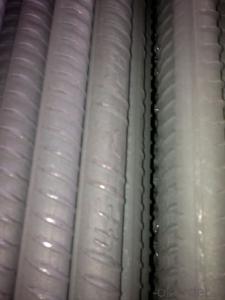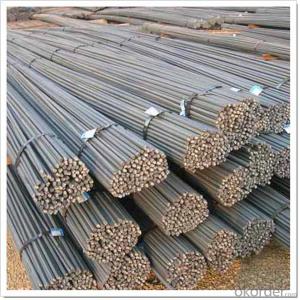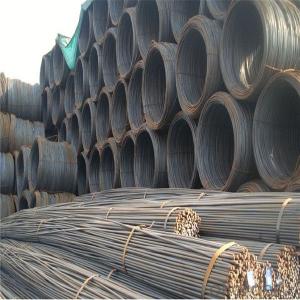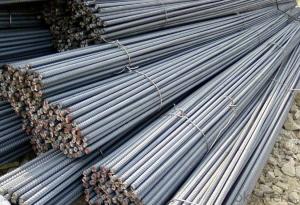All Categories
- - Steel Wire Rod
- - Steel Coils
- - Steel Profiles
- - Steel Pipes
- - Stainless Steel
- - Tinplate
- - Special Steel
- - Steel Sheets
- - Steel Rebars
- - Steel Strips
- - Hot Rolled Steel
- - Cold Rolled Steel
- - Pre-painted Steel
- - Seamless Steel Pipe
- - Welded Steel Pipe
- - Hollow Steel Tubes
- - Galvanized Pipe
- - Stainless Steel Coil
- - Stainless Steel Sheet
- - Stainless Steel Plate
- - Stainless Steel Strips
- - Electrolytic Tinplate Coil
- - Electrolytic Tinplate Sheet
- - Stainless Steel Rebars
- - Solar Panels
- - Solar Water Heater
- - Solar Related Products
- - Solar Inverter
- - Solar Cells
- - Solar Light
- - Solar Energy Systems
- - Solar Controllers
- - Solar Mounting System
- - Solar Pump
- - Solar Chargers
- - Fiberglass Chopped Strand
- - Fiberglass Mesh Cloth
- - Composite Pipes
- - FRP Pultrusion Profiles
- - Fiberglass Mat Tissue
- - Fiberglass Fabrics
- - Fiberglass Mesh
- - Composite Tank
- - Fiberglass Mesh tape
- - Polymer
- - FRP Roofing Panel
- - Fiberglass Roving
- - Monolithic Refractories
- - Ceramic Fiber Products
- - Refractory Bricks
- - Raw Materials For Refractory
- - Suspended Platform
- - Cranes
- - Concrete Machinery
- - Earthmoving Machinery
- - Building Hoist
- - Road Building Machinery
- - Plastic Pipe Fittings
- - Plastic Tubes
- - Plastic Sheets
- - Agricultural Plastic Products
- - Plastic Nets
 All Categories
All Categories
Steel Wire RodView More
Steel CoilsView More
Steel ProfilesView More
Steel PipesView More
Stainless SteelView More
TinplateView More
Special SteelView More
Steel SheetsView More
Steel RebarsView More
Steel StripsView More
Hot Rolled SteelView More
Cold Rolled SteelView More
Pre-painted SteelView More
Seamless Steel PipeView More
Welded Steel PipeView More
Hollow Steel TubesView More
Galvanized PipeView More
Stainless Steel CoilView More
Stainless Steel SheetView More
Stainless Steel PlateView More
Stainless Steel StripsView More
Electrolytic Tinplate CoilView More
Electrolytic Tinplate SheetView More
Stainless Steel RebarsView More
Q & A
How does steel contribute to the growth of smart cities and infrastructure?
Steel contributes to the growth of smart cities and infrastructure in several ways. Firstly, steel is a versatile and durable material that is used extensively in the construction of buildings, bridges, and other infrastructure projects. Its strength and resilience ensure the longevity and safety of these structures, enabling them to withstand the test of time and any potential challenges.
Secondly, steel has a high recycling rate, making it an environmentally friendly choice for construction projects. As smart cities prioritize sustainability, the use of steel helps reduce the carbon footprint associated with construction activities.
Furthermore, steel is crucial in the development of smart grids and communication systems that are integral to smart cities. It is utilized in the construction of transmission towers, electricity pylons, and other infrastructure required for efficient energy distribution and connectivity.
Overall, steel's properties of strength, durability, and recyclability make it an essential component in the development of smart cities and infrastructure.
What are the challenges in welding and joining different types of steel?
One of the main challenges in welding and joining different types of steel is the varying chemical compositions and metallurgical properties of the steel. Different types of steel have different levels of carbon, alloying elements, and heat treatment, which can affect the weldability and strength of the joint. Matching the right welding process, filler material, and pre/post-weld heat treatments becomes crucial to ensure a strong and durable bond. Additionally, differences in thermal expansion coefficients between dissimilar steels can lead to residual stresses and distortion in the welded joint. To overcome these challenges, proper selection of welding techniques, thorough material characterization, and precise control of welding parameters are essential.
How is steel used in the production of consumer goods?
Steel is used in the production of consumer goods in various ways. It is commonly used to create durable and strong components such as frames, casings, and structures for products like appliances, furniture, automobiles, tools, and even electronics. Steel's high strength-to-weight ratio and ability to be molded into different shapes make it an ideal material for manufacturing consumer goods that need to withstand heavy use and provide long-lasting performance.
Wholesale Steel from supplier in Slovakia
Please note that as an AI language model, I am not able to provide specific contact details or engage in business discussions. However, you can use the information provided in the response to reach out to a reputable steel supplier in Slovakia.
